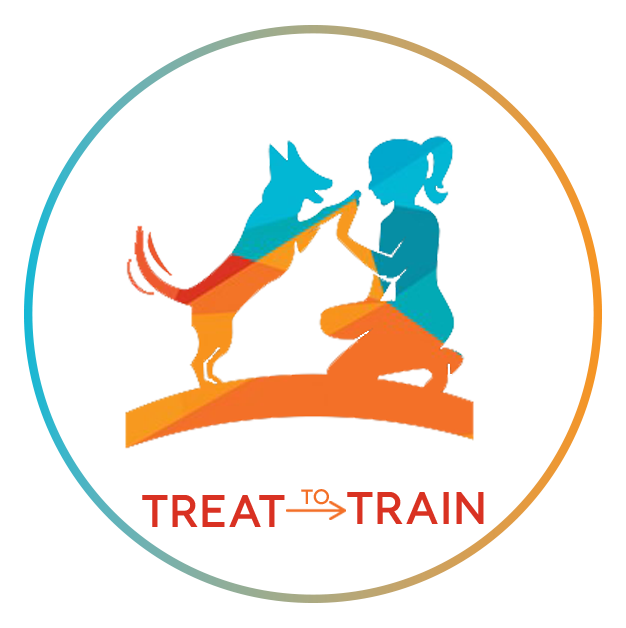The Power of Early Puppy Socialization: A Vaccination Against Behavior Problems
If you've recently welcomed a little bundle of joy (a new puppy) into your home, you're probably on cloud nine with all the cuteness overload. But have you considered enrolling your pup in puppy school before they've had all their vaccinations? Trust me; it's like giving your puppy a vaccination against behaviour problems, and here's why.
Why Start Before Vaccinations Are Complete?
You might be wondering, "Isn't it safer to keep my pup indoors until they've had all their shots?" While it's crucial to protect your little one from diseases like Parvo, delaying socialization can have its downsides too. According to the American Veterinary Society of Animal Behaviour (AVSAB), early puppy socialization is a key factor in preventing behaviour problems later in life. Waiting until vaccinations are complete might mean missing a critical window of opportunity for your pup to learn and adapt to the world around them.
AVSAB's Take on Puppy Socialization
The AVSAB stresses the importance of early socialization in their position statement. They highlight the critical period between 3 and 14 weeks of age when puppies are most receptive to new experiences. Proper socialization during this time can significantly reduce the risk of behaviour problems such as fear, aggression, and anxiety in adulthood.
Puppy School: A Vaccination Against Behaviour Problems
Think of puppy school as an immunity boost for your pup's behaviour. Just as vaccinations protect against diseases, early socialization safeguards against behavioural issues. It's an investment in your pup's future happiness and your sanity as a pet parent.
Our Puppy School in Pretoria and Johannesburg
Speaking of puppy school, have you heard about our fantastic puppy training programs in Pretoria and Johannesburg? We've crafted a curriculum that covers everything from basic obedience to advanced socialization exercises. Our experienced trainers are committed to creating a positive and safe environment for your pup to learn and grow.
Safe Socialization Practices
Now, let's talk about safe socialization practices. We get it; the fear of diseases like Parvo is real. But that doesn't mean you have to keep your pup in a bubble. Here are some brief tips:
Choose Controlled Environments: Opt for puppy classes or supervised playdates with dogs of known vaccination status. I also like visiting coffee shops, garden centers, hardware stores and spaces where there other dogs aren’t likely to be but where you have focus on other socialization aspects. Most puppy schools only allow vaccinated dogs to attend which limits the risk. Here are three spots you can visit in Pretoria and Centurion. You can also do a lot of socialization activities at home, including play.
Avoid High-Risk Areas: Steer clear of places with a higher likelihood of disease transmission, like dog parks or areas with unknown canine histories. This is a definite no-no. A walk around the neighbourhood can be risky too.
Carry Your Pup: Until your fur baby is fully vaccinated, carry them in public spaces to prevent direct contact with potentially contaminated surfaces. This is really simple! If your puppy needs to be on the floor, spray disinfectant (that will disinfect against Parvo) or put a blanket down.
Check Vaccination Status: Ensure that other puppies your dog interacts with are up-to-date on vaccinations. This one is really important. You would be surprised at how many people do not vaccinate their dogs.
Remember, a well-socialized puppy is not only a joy to be around but also less likely to develop behavior issues down the road. So, why wait? Enroll your pup in our puppy school today and set them on the path to a lifetime of happiness! It really is as essential as fully vaccinating your puppy.
For more info on our Puppy School Course, please contact Angelique at +27 72 110 7231 or email info@treat-to-train.com
You can also listen to the Barkology Podcast to learn more about puppy socialization. We have four episodes that discuss socialization, really provide guidance for best practice and discuss common mistakes we often see. We also have author, Debbie Potter, on to discuss Puppy biting and how to help.

